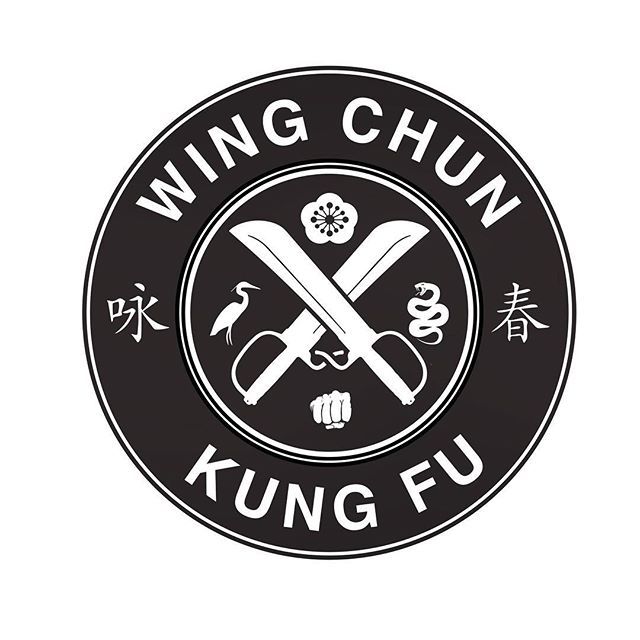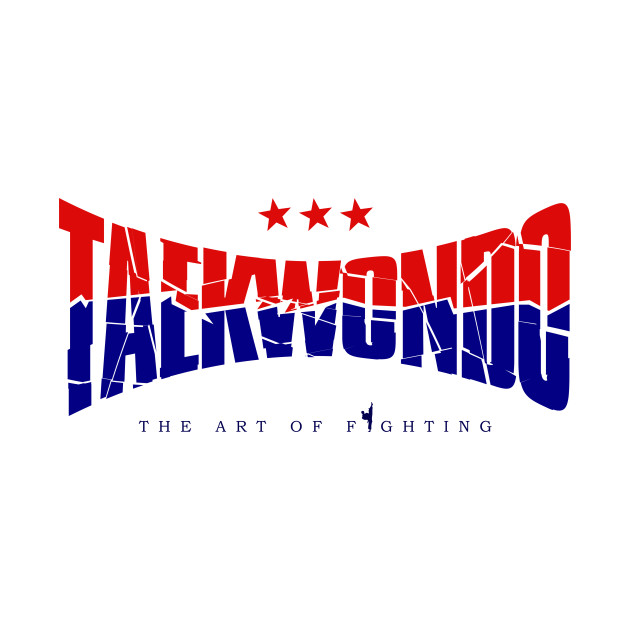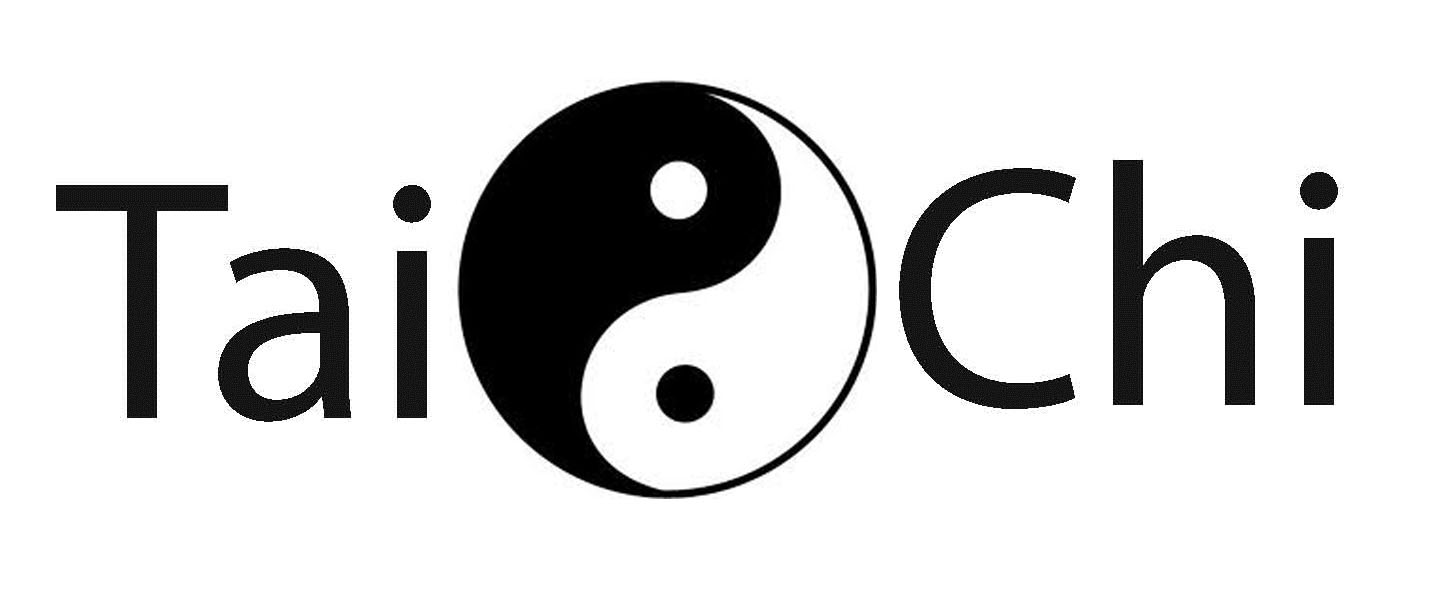In June 2018 we delivered a presentation entitled On anger: The martial arts and embodied distress tolerance in psychological therapy at the Cultivating the Therapeutic Relationship conference hosted by the Compassionate Mind Foundation and Compassionate Wellbeing.
Compassion, Anger and martial arts
Here we proposed that the quality of the client–therapist alliance has historically been seen as a reliable predictor of positive clinical outcome independent of the variety of psychotherapy approaches and measures applied (Ardito & Rabellino, 2011). A significant portion of the therapist role is to help clients through experiences he/she may find highly upsetting, and which have likely resulted in the development of a series of compensatory defensive/safety strategies over time. Gilbert (2007) notes that in the face of helping clients confront such threats, therapists can enact many roles including educator, validator, boundary-setter, soother, morale-enhancer, container and safe-base.
We focused specifically on the potential effects of anger upon the therapeutic relationship and considered how therapists successfully engage with and act in relation to this. In doing so we also considered angry, critical and rejecting feelings by the therapist towards the client.
We noted that CFT points to the important role of social safeness in mitigating feelings of threat. Safeness, in this sense, is often conveyed non-verbally by others and is therefore highly relevant in terms of therapist responses to angry clients. Drawing on this body of work, the significant literature on the role of the martial arts in character development (e.g. Hackney, 2010) and our own experiences as martial artists, we explored how the interpersonal stance we take when embodying distress tolerance to anger in therapy can be informed by physical practice. In particular we proposed that the embodied expression of distress tolerance to anger can be cultivated so as to enhance affiliation, empathy and compassion thereby reducing experiential avoidance in both client and therapist.
Although highly relevant to any therapeutic modality, we concluded by briefly outlining how martial arts training might serve as a useful and powerful adjunct to deepen and enhance the two psychologies of Compassionate Engagement and Action, as outlined in CFT.
Fierce Compassion as a Martial Art
Fierce Compassion Martial Arts (also known as Yong Ren WuShu) was therefore a natural development of our experience of compassion in therapy and of martial arts more broadly. Put simply, Fierce Compassion Martial Arts is ‘radically embodied compassion’ in action.
We are especially interested in ideas around effective de-escalation, compassionate guard/fence work, the effective redirection of energy and compassion based reasonable force in physical encounters, which we expand upon in our initial one day workshop and advanced training.
Fierce Compassion Martial Arts was developed in keeping with the philosophy that informed much of Bruce Lee’s evolution from Traditional Chinese Kung Fu to Jeet Kune Do, in that our goal is to take what is useful and develop from there.
We are a pan-style principle driven system in that Fierce Compassion Martial Arts features elements of a wide range of martial traditions, with all being welcome in a spirit of collaboration and mutual learning. Although we do employ techniques and ideas from across the traditions it is always with the intention to develop the key qualities we wish to cultivate (i.e. Courage, Wisdom, Commitment, Intention).




